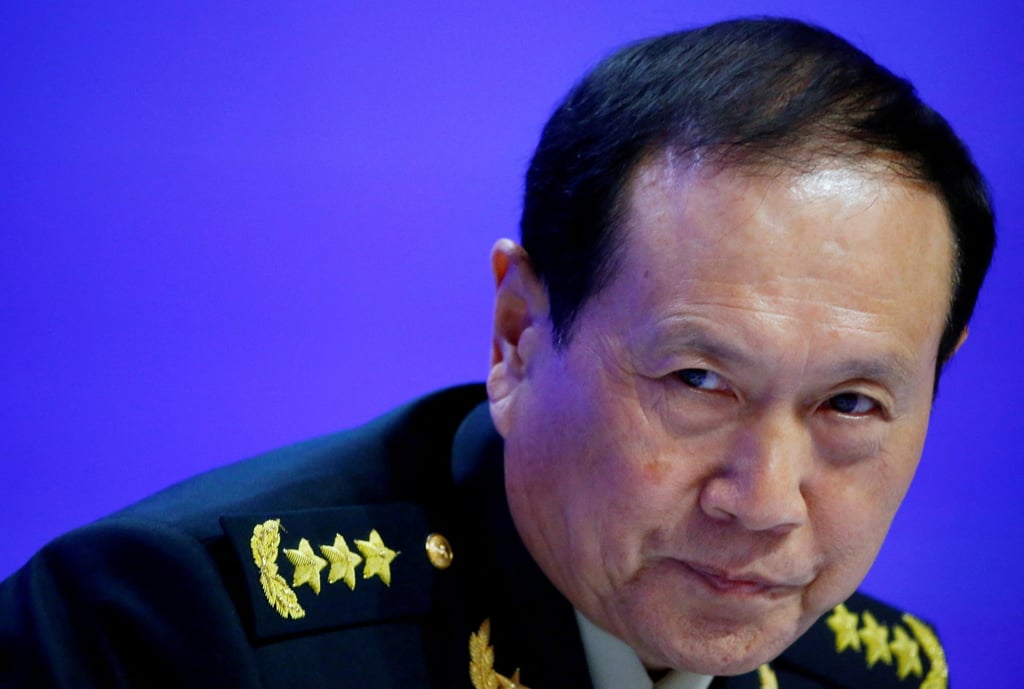Japan’s Kishida to send China a warning on Taiwan at Singapore’s Shangri-La Dialogue, analysts say
- The Japanese PM is expected to draw parallels at the Singapore forum between Russia’s invasion of Ukraine and China’s increasingly assertive behaviour in Asia
- His planned attendance at a Nato summit later this month further shows Japan is ‘shedding constitutional constraints’ and boosting its military, analysts said

Kishida will be the first Japanese prime minister to address the forum since 2014. Other attendees are set to include US Defence Secretary Lloyd Austin and Chinese Defence Minister Wei Fenghe.

“The real meaning of Kishida’s message is that a ‘change of status quo by force’ by China in the South China Sea and Taiwan will never be tolerated,” Kamikubo said, adding that the Japanese leader’s aim is to warn China that if it does so, it will suffer heavy military and economic damage.
Japan has repeatedly condemned Russia’s invasion of Ukraine and joined other members of the G7 club of wealthy nations in imposing sanctions aimed at isolating Moscow.
Analysts said Tokyo saw both the Shangri-La Dialogue and a Nato summit Kishida reportedly plans to attend later this month as ways of increasing Western engagement with the Indo-Pacific and deterring China from launching an attack on Taiwan.